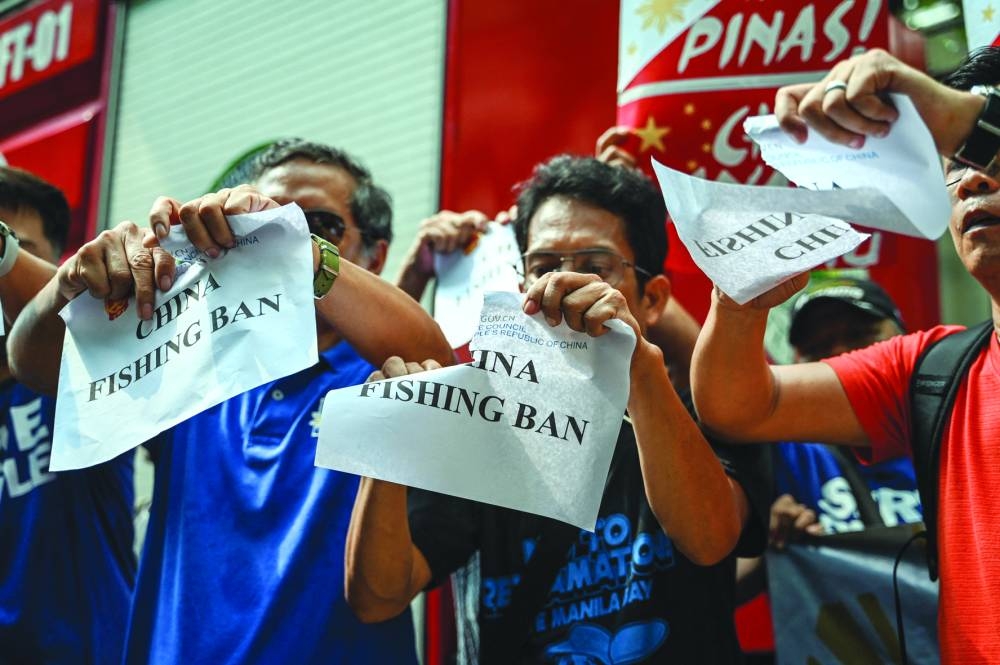The Philippine military chief on Friday urged Filipino fishermen to keep fishing in the country’s exclusive economic zone in the South China Sea, despite China’s new coastguard rules allowing it to detain trespassers without trial taking effect today.
China, which claims almost all of the South China Sea including parts claimed by the Philippines, Brunei, Malaysia, Taiwan and Vietnam, has issued new rules that would enforce a 2021 law allowing its coastguard to use lethal force against foreign ships in waters that it claims.
“That’s our message to our fishermen, for them not to be afraid but to just go ahead with their normal activities in our exclusive economic zone,” Armed Forces of the Philippines chief Romeo Brawner told reporters on Friday.
“We have the right to exploit the resources in the area so our fishermen have no reason to be afraid,” he added. The new rules, which allows China’s coastguard to detain suspected trespassers without trial for 60 days, have sparked international concerns, with the Philippines describing them as “worrisome” and a “provocation”. Taiwan’s coastguard said in a statement on Friday “it will strengthen fishing protection tasks, resolutely defends the safety of our fishermen’s operations and ensure the rights and interests of shipping, and defend national sovereignty”. It also called on China “not to use this reason to justify unilateral acts that undermine regional peace”.
China has stepped up military activities near Taiwan, which it views as its own territory. It is also involved in an increasingly bitter stand-off with the Philippines in the disputed South China Sea. Responding to concerns, the Chinese foreign ministry has said previously the new rules were meant to protect the maritime order, and that there was no need to worry if there was no illegal behaviour by the individuals and bodies involved.
Meanwhile, Washington’s top diplomat in Taipei on Friday said China’s “provocative” actions around Taiwan, Japan and in the South China Sea run the risk of an accident that could unintentionally spark a broader conflict.
Sandra Oudkirk, the outgoing director of the American Institute in Taiwan (AIT) and de facto US ambassador, told reporters that the US was “profoundly devoted” to the status quo of peace and stability in the Taiwan Strait and broader region.
“And that is why we have consistently urged the PRC to avoid coercive or provocative actions both in the Taiwan Straits and in other areas like the South China Sea and off Japan,” she said, referring to the People’s Republic of China.

Protesters rip up a placard during a rally in front of the Chinese consulate in Manila, Philippines, on Friday.
